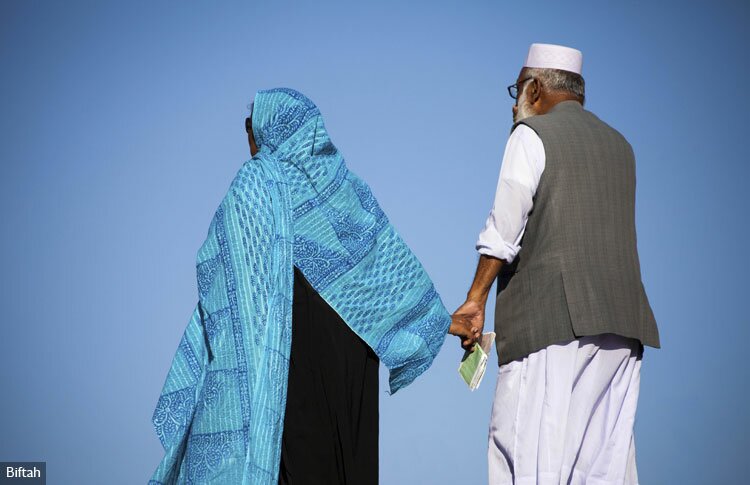
Jayati Godhawat
JWB Blogger
5 Major Muslim Countries That Abolished Triple Talaq Long Before
- JWB Post
- June 11, 2016

This month started with a grand victory for our nation when more than 50,000 Muslims signed a petition to end the practice of Triple Talaq in their community.
However, seldom know that before India might abolish this fallacious practice, more than 20 Muslim-majority countries have already abolished Triple Talaq.
Here’re five major countries that have already revised their divorce policies and have progressive laws against Triple Talaq system for Muslims:
Sri Lanka
Sri Lanka’s Marriage and Divorce (Muslim) Act, 1951, amended in 2006, doesn’t recognize instant divorce. As stated, the law requires a husband wishing to divorce his wife to give notice of his intention to a Qazi (Islamic judge), who should attempt a reconciliation between the couples over the next 30 days. In the case of disagreement after the devised period, the husband can give talaq to his wife only in the presence of the Qazi and two witnesses.
Many people who understand and study Muslim Law rates the Lankan law as the “most ideal legislation on triple talaq.”
Egypt
The first ever country to make reform in its divorce system was Egypt.
In 1929, Egypt declared that a talaq, regardless of whether accompanied by a number, will be counted as one and will be considered as a revocable divorce. The only exception to this law is when three talaqs are given in three successive tuhrs ((menses-free time). Triple Talaq is considered as one step of the 3-step process which lasts for 90 days.
Pakistan
The abolition of Triple Talaq in Pakistan was formulated, in 1956, on the lines of recommendations by a 7-member commission on marriage and family laws.
It issued the Muslim Family Law Ordinance in 1961. Section 7 of this Ordinance relates to talaq and has following subsections:
- Any man after pronouncing “talaq in any form” has to give notice to the Chairman of the Union Council (an elected local government body) informing him about it and also supply a copy to his wife.
- Failure to do so could invite punishment up to one year or a fine of Rs 5,000.
- A talaq will not be effective until the expiry of 90 days after the man had served notice to the chairman.
- Within 30 days of receiving the notice, the chairman is required to constitute an arbitration council for reconciling the couples.
- If the wife is pregnant, the talaq shall not be effective until the expiry of 90 days or the pregnancy, whichever is later;
- “Nothing shall debar a wife whose marriage has been terminated by talaq effective under this section from marrying the same husband, without an intervening marriage with a third person, unless such termination is for the third time, so effective.”
Tunisia
Tunisian Code of Personal Status was adopted in 1956. It does not recognize a divorce given outside a court of law. The divorce plea has to be investigated for its reasons, and the court must attempt to reconcile the couple. Only after its failure the divorce decree is given.
Algeria, too, adopted this code, besides earmarking 90 days for completing the reconciliation process.
Iraq
In 1959, Iraq contrary to most Arab countries passed a personal status law by which the old Shari’a courts were replaced with government-run personal status courts that passed judgments based on the newly codified state law. While the law is based on religious sources, it is an amalgamation of the most liberal Islamic rules as well as some divergences.
According to Personal Status law, “three verbal or gestural repudiations pronounced at once will count as only one divorce.”
Also, “both spouses have the right to ask for separation when a dissension arises between them, whether before or after consummation.”
The court can also appoint two arbitrators to reconcile the couple while it conducts an investigation into the reasons for dissension.
It’s high time that India, too, brings about necessary reforms in the Muslim laws for divorce and empower the women of their community.
- 0
- 0












